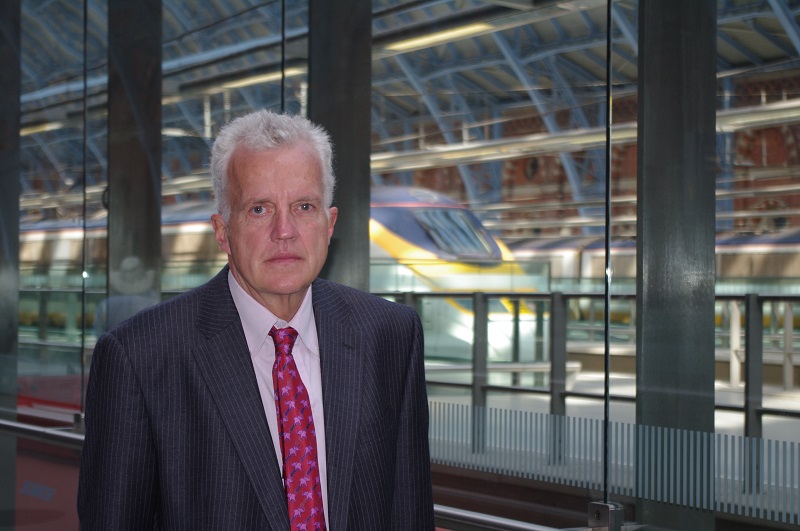I have seen the future. And it is German. The TollCollect system of making lorries pay for using the German Autobahn is the biggest and most sophisticated road charging system in the world. And it is working, allaying many of the fears and doubts about the system.
On a recent visit to Berlin, I was given a full briefing of the system and taken out to see how it works in practice. Already a little army of transport planners, motorway builders, politicians and all kinds of other people with a vested interest have undertaken the same trip and countless more will over the next few years. And of course, T Systems, which has the contract from the government to operate TollCollect, is delighted to show them since there is the hope of many other similar schemes around the world.
The system came into force at the beginning of this year, after delays caused by technological and legal problems. However, once implemented it seems to have been working with remarkable efficiency, exceeding targets for both performance and the level of usage.The system works by charging a lorry for using any of the 5,200 sections of the national motorway network, which are essentially the distance between junctions. Some sections are lengthy and others short, but the rate per kilometre remains the same, although it is varied between 9 and 14 cents according to the number of axles and what emission standard the lorry meets. Overall,86% of transactions are collected through on board units, which are currently being upgraded so that future software changes, covering changes to the motorway network, for example, can be transmitted through the mobile phone network. The other 14% of transactions are either via the internet to at the network of 3500 toll stations.
Of course, when using toll stations, the driver has to know precisely the route and cannot deviate from it, through fear of being caught by the various enforcement methods.There is, therefore, an incentive to fit an On Board Unit, though the cost of installation has to be met by the haulier. The unit itself remains the property of TollCollect. From TollCollect’s point of view, a high proportion of the cost of the system relates to the small proportion of drivers without on board units and any system introduced over here would have to weigh the advantages of compulsion against the civil liberties issues that would be raised.Given the pioneering nature of the scheme, it works remarkably well.
The cost is around 20% of revenue, much better than the London congestion charge scheme where the equivalent figure is 50-60%, depending on assumptions about initial setting up costs. The billing is very accurate and toll-dodging low. Accuracy of data is over 99%.There are many key lessons from this experience, the most important of which is that the Global Positioning Satellite (GPS) does work for road tolling. Indeed, TollCollect managers reckons that the problem of urban ‘canyons’ where vehicles are out of range has been greatly exaggerated and can be overcome.
Moreover, the technology is improving and becoming cheaper all the time, which means that there are no practical barriers to a national road tolling system, only political ones. Given the success of TollCollect, it is rather inexplicable that Alistair Darling scrapped a similar scheme for the UK which was to have reduced the advantage foreign truckers gain through buying cheaper fuel abroad.He chickened out, without a clear explanation, but possibly because of concerns about the technology or the fact that it would require major modification once a universal road charging scheme were introduced. Whatever the reason, a great opportunity was lost as it would have been a test bed of the technology and would have helped soften up public opinion to the idea. It will be seen as a great missed opportunity.
